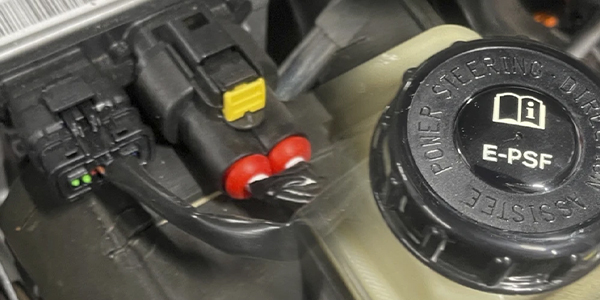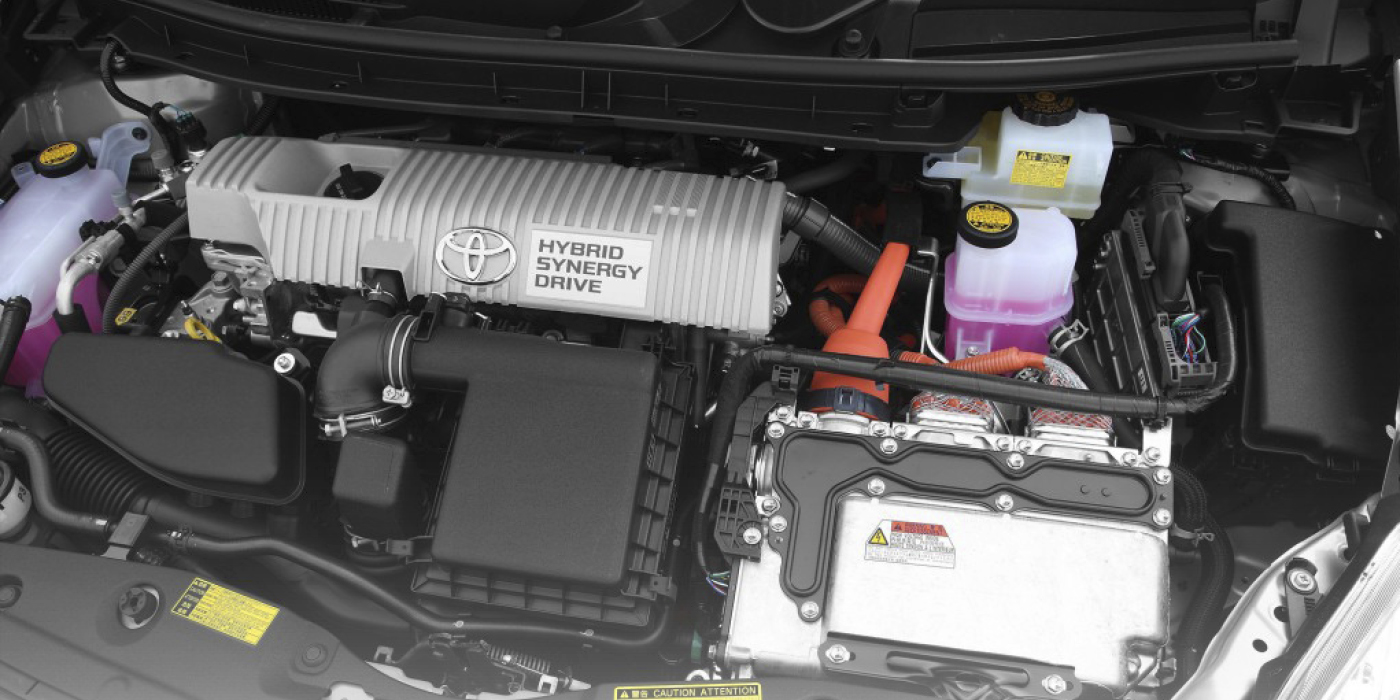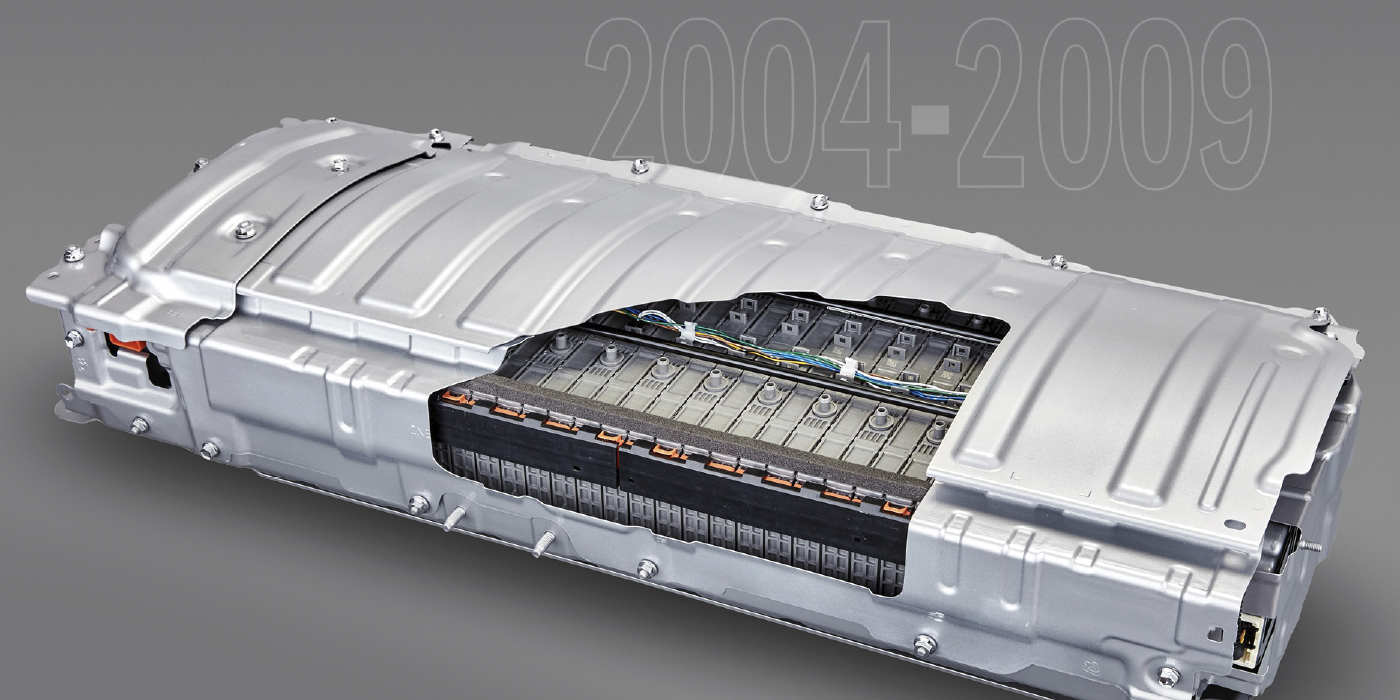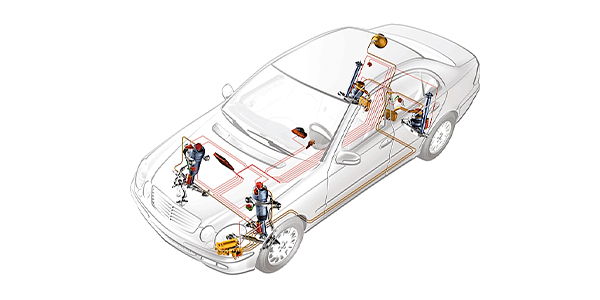Any experienced automotive trainer will tell you that the automotive starter battery is the foundation of a vehicle electronics system. Of course, most of us nod our heads in agreement and then proceed to diagnose a driveability problem without first testing the battery’s condition! Unfortunately, short-cut procedures don’t work on the really tough no-code engine driveability complaints. As we’ll discover in the following article, low cranking voltages can create no-code driveability issues that may disappear without a trace until the next cold-engine start-up.
Battery Voltage
Many technicians assume that because the engine seems to crank at a normal speed, the vehicle’s starter battery is in good condition. Of course, time and technology has changed the underpinnings of that assumption. Electronic fuel injection and the permanent magnet, reduction-gear starter, for example, has reduced cranking time and cranking amperage so much that bad batteries often go undetected far longer than they should.
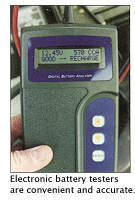 The key diagnostic issue, of course, is the cranking voltage that the battery supplies to the vehicle’s electronic systems during cranking. Cranking voltage has become extremely important because at least 10 volts are required to power the PCM and activate systems like the primary ignition, fuel pump and fuel pump relay. When cranking voltages drop to nine cranking volts, it is my experience that engine fuel trim and transmission adaptives are affected to the point that the driver may complain of flooding or poor shift quality. Later in this story, we’ll look at some case studies that illustrate different starting and driveability complaints caused by low cranking voltage.
The key diagnostic issue, of course, is the cranking voltage that the battery supplies to the vehicle’s electronic systems during cranking. Cranking voltage has become extremely important because at least 10 volts are required to power the PCM and activate systems like the primary ignition, fuel pump and fuel pump relay. When cranking voltages drop to nine cranking volts, it is my experience that engine fuel trim and transmission adaptives are affected to the point that the driver may complain of flooding or poor shift quality. Later in this story, we’ll look at some case studies that illustrate different starting and driveability complaints caused by low cranking voltage.
Battery Ratings
Modern automotive starter batteries are rated in cold-cranking amperes (CCA), cranking amperes and reserve capacity. CCA is the number of cranking amps that a battery can supply at 0

